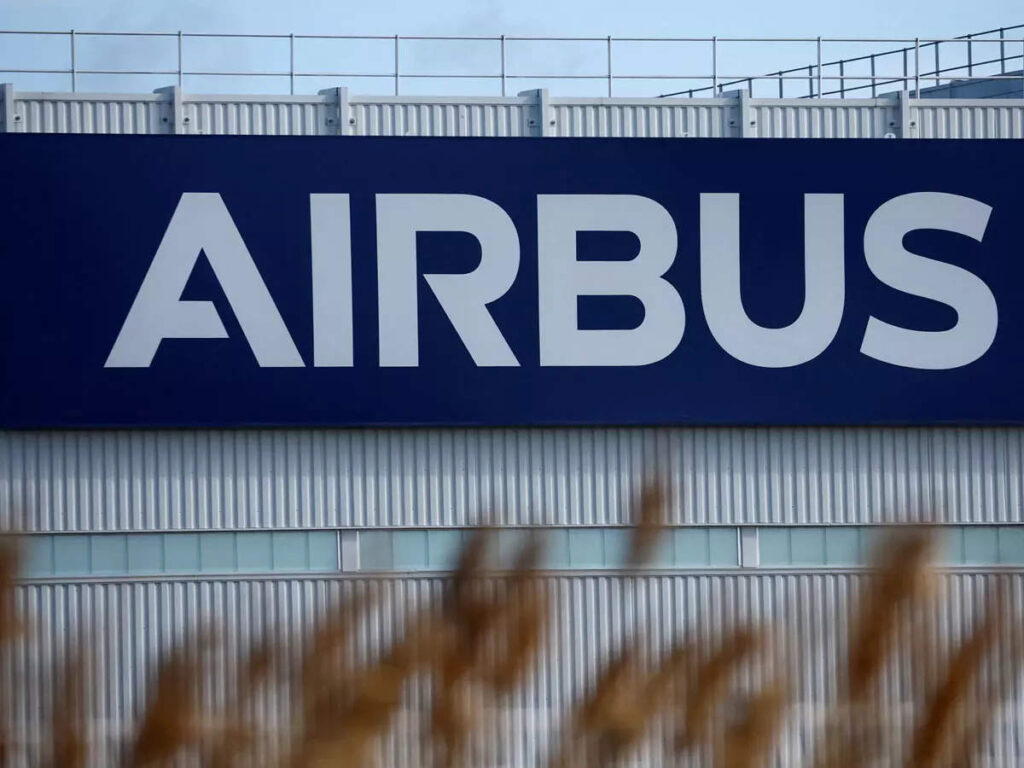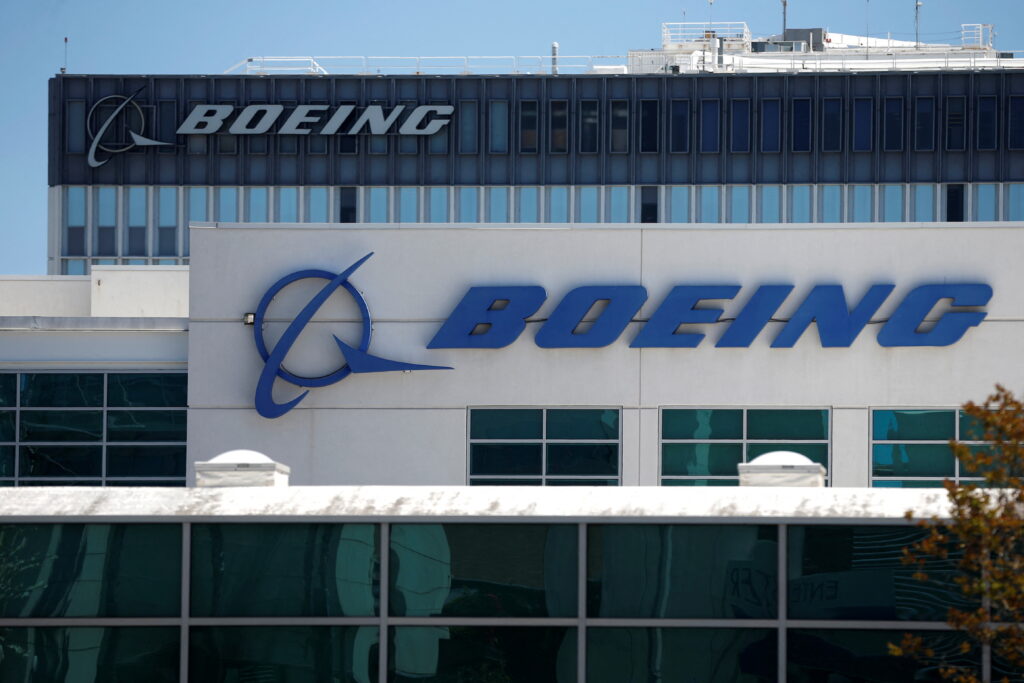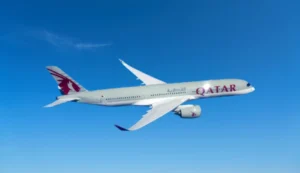Airbus CEO Blames U.S. for Trade Wars, Not China
Airbus CEO Guillaume Faury has taken an unusual stance by blaming the U.S., not China, for the global trade wars, citing historical tariffs and the Airbus-Boeing rivalry as key factors. He also highlights Europe’s overreliance on American weaponry and calls for better defense coordination within the EU.

Guillaume Faury, CEO of Airbus | Image Source: https://www.reuters.com/
Airbus CEO Guillaume Faury has a unique perspective on the global trade wars impacting the economy. Contrary to common Western narratives, Faury attributes the rise in trade tensions to the United States rather than China. In an interview with German newspaper Frankfurter Allgemeine Zeitung, Faury noted that increased protectionism has led Airbus to adopt more “nearshoring” strategies, producing 60% of its aircraft in Europe and 20% each in the U.S. and China.
Faury emphasized that recent U.S. tariffs on European aircraft, not Chinese actions, have intensified trade conflicts. “Trade wars are in full swing, and it was the Americans, not the Chinese, who imposed tariffs on European aircraft,” Faury said. He highlighted a statement from Chinese President Xi Jinping, who praised Airbus during a visit to Paris, calling it a success for China.
This perspective diverges from the usual stance of European CEOs but aligns with Airbus’s history of trade disputes with the U.S. The decades-long Airbus-Boeing rivalry has seen both companies accuse each other of benefiting from illegal state subsidies. In 2019, the Trump administration imposed a 10% tariff on European aircraft, a move that was countered by the EU’s threat to impose 15% tariffs on U.S. aircraft.


The ongoing EU probe into Chinese automakers, with potential tariffs on Chinese EVs, mirrors this protectionist trend. Faury’s comments come at a challenging time for Boeing, which has faced setbacks, including the prolonged grounding of the 737 Max after two fatal crashes and recent technical issues with the Max 9.
In response to these trade tensions and market dynamics, Airbus has been strategically shifting its manufacturing processes and addressing supply chain vulnerabilities. By increasing its nearshoring efforts, Airbus aims to mitigate risks associated with global trade disruptions. Faury’s focus on nearshoring highlights the company’s commitment to maintaining stability and resilience in its operations amid an unpredictable trade environment.
Faury also voiced concerns about Europe’s reliance on American weaponry amid the Russia-Ukraine conflict and rising tensions in the Middle East. He pointed out that the U.S. significantly outspends Europe on armaments and stressed the need for better synchronization among European nations’ defense efforts.






